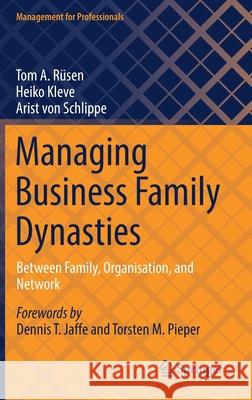Managing Business Family Dynasties: Between Family, Organisation, and Network » książka
topmenu
Managing Business Family Dynasties: Between Family, Organisation, and Network
ISBN-13: 9783030826185 / Angielski / Twarda / 2021 / 104 str.
Managing Business Family Dynasties: Between Family, Organisation, and Network
ISBN-13: 9783030826185 / Angielski / Twarda / 2021 / 104 str.
cena 301,89
(netto: 287,51 VAT: 5%)
Najniższa cena z 30 dni: 289,13
(netto: 287,51 VAT: 5%)
Najniższa cena z 30 dni: 289,13
Termin realizacji zamówienia:
ok. 16-18 dni roboczych.
ok. 16-18 dni roboczych.
Darmowa dostawa!
Kategorie:
Kategorie BISAC:
Wydawca:
Springer
Seria wydawnicza:
Język:
Angielski
ISBN-13:
9783030826185
Rok wydania:
2021
Wydanie:
2021
Numer serii:
000424298
Ilość stron:
104
Waga:
0.39 kg
Wymiary:
23.39 x 15.6 x 0.97
Oprawa:
Twarda
Wolumenów:
01
Dodatkowe informacje:
Wydanie ilustrowane











